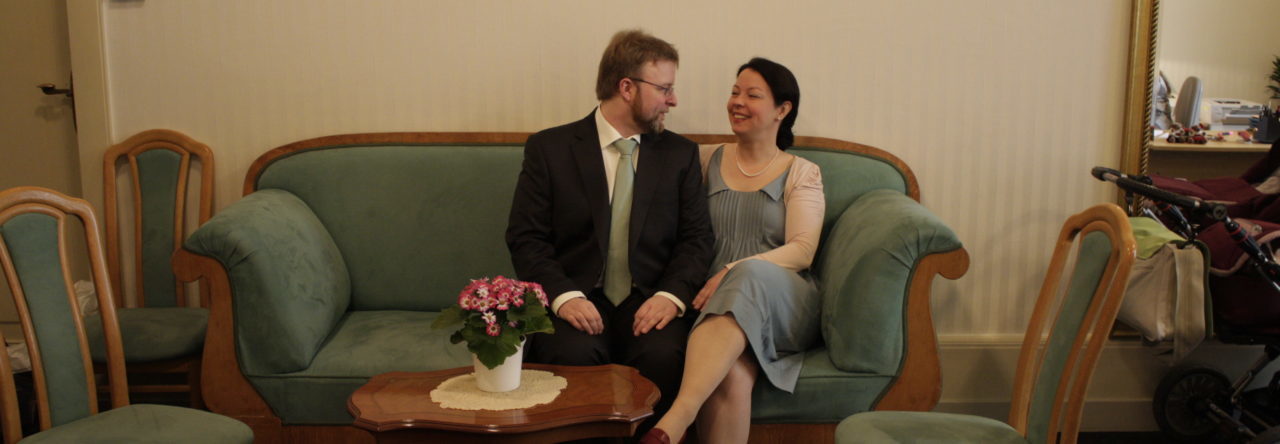I just watched this segment from The Daily Show with Trevor Noah:
While this is rather funny I do not think they are technically correct, as various people throughout the video claim that the US are the only democracy where the president is not elected by popular vote but by an electoral college.
Welcome to Germany, where the president (the Bundespräseident) is not elected by popular vote but, you guessed right, by an electoral college, the “Bundesversammlung” – the federal convention.
In an interesting twist the electors of the federal convention are not elected in a popular vote, or at least only to the extent that the members of parliament are automatically electors; they make up half of the federal convention.
The other half is determined not by popular vote, but elected by the parliaments of the individual federal states. The various political factions in the parliaments create lists of candidates (and frankly I haven’t the faintest idea which criteria they use, but given that almost all members of the last federal convention have their own Wikipedia page I wager that they do not exactly pick the simple citizen from the street). The candidates are elected by the parliaments (the number for each state is proportional to the size of the state’s population), and they meet a single time to elect the president. While in theory every member of the federal convention can suggest a candidate, “electing” a president usually means to pick a person from a shortlist that has been prepared by the governing faction in the Bundestag, the federal parliament (and I mean “short list” like in “a single name”). So all US Americans who are unhappy with the election result can comfort themselves with the thought that the US presidential election is at least more democratic than the German one.
Of course being the president of Germany is not a big deal – the Bundespräsident is nominally the head of state, but the office is largely ceremonial. The real power rests with the Chancellor, the head of goverment – who is not elected by popular vote, but by vote in the German parliament, the Bundestag. And since political factions are free to form coalitions – “majorities” in the english sense, i.e. more than 50% are almost unheard of in Germany anyway; without a qualifier (like “absolute” majority) the German “Mehrheit” is a plurality rather – they could very well team up against the largest faction, making sure that basically no one gets what he voted for.

PG
I guess that applies to many non-presidential democracies (e.g.: Italy, where not only the President but also the Prime Minister are elected by the Parliament and not by popular vote). In Spain they also have electoral colleges (http://www.elmundo.es/espana/2015/12/10/5669637ce2704e77268b456f.html) and, for instance, in the 2015 elections two parties got roughly the same number of votes (around a million), but one (IU) got only 2 seats and the other one (En Comú Podem) 12 https://es.wikipedia.org/wiki/Elecciones_generales_de_Espa%C3%B1a_de_2015